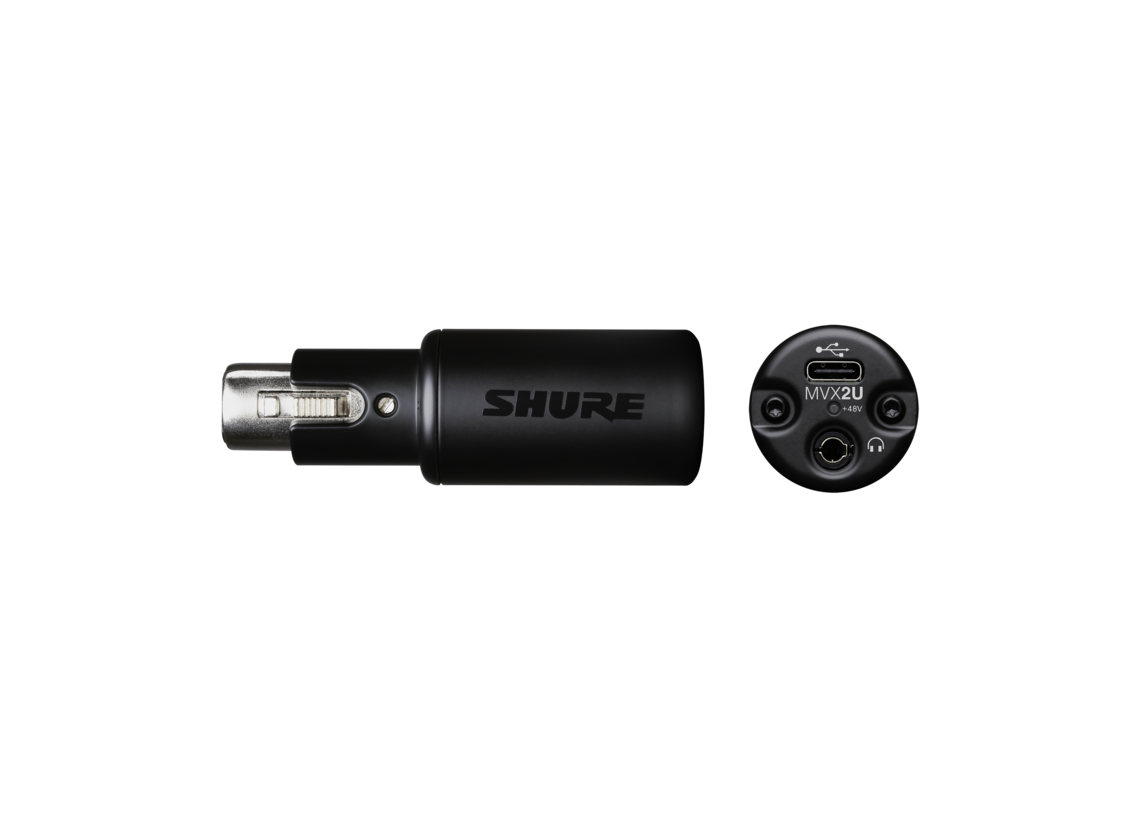Buy an Earthworks microphone. Skip the puzzles and issues by spending a bit more.
I have an Earthworks M30 and two Behringer ECM8000's. The advantages of the Earthworks are:
- all of them come with a calibration file. With the Behringer you have to pay a bit more to get the calibrated option.
- looking at the calibration file, Earthworks is +/- 1dB here and there. Behringer is +/- 2dB. This suggests that the Earthworks was manufactured to finer tolerances.
- Earthworks goes up to 30,000Hz, Behringer up to 22,000Hz.
- Earthworks is more sensitive, on my mic preamp it needs about 10dB less gain.
- Earthworks is machined stainless steel, Behringer is cast and anodized Aluminum (I think?).
- I believe the warranty is longer on the Earthworks, but I honestly can't remember. All my mics are now out of warranty anyway.
So the big question - does the Earthworks actually give me better and more accurate measurements? I don't think so. If you have the calibrated Behringer, you can live with all its comparative "deficits" - e.g. you don't need to measure >22kHz, you can turn up the mic preamp, and you don't need a luxurious beautiful mic. There might be a difference if you are recording live performances. I don't, my mics are purely for measurement.
I wouldn't buy the Earthworks again, the Behringer does a good enough job - provided you buy the calibrated option!

